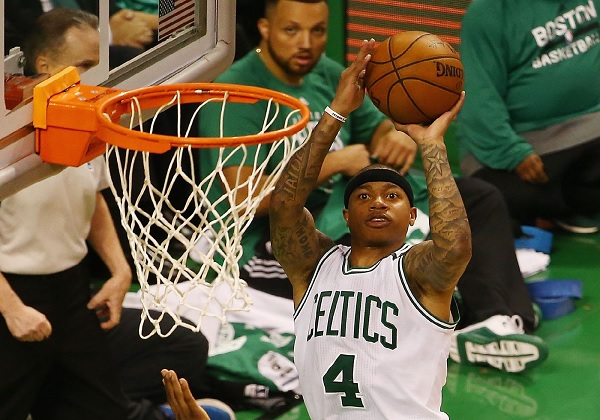The increased use of social media in sports broadcasting has undoubtedly revolutionized the way fans interact with their favorite sports, teams, and athletes. However, 무료해외스포츠중계 technological advancement is not without its downsides, which merit careful consideration.
One of the primary concerns with the heightened integration of social media in 무료해외스포츠중계 is the potential for distraction. Both athletes and viewers may find themselves focusing more on social media updates rather than the actual game or event. This distraction can detract from the immersive experience of watching sports, which for many, is a form of entertainment and escape from everyday life.
The use of social media during sports events can lead to information overload. Viewers may be bombarded with a constant stream of tweets, posts, and comments, making it difficult to focus on the nuances of the game. This flood of information can overwhelm some fans, detracting from their enjoyment of the broadcast.
Another downside is the risk of misinformation and rumors spreading rapidly through social media channels. In the fast-paced world of sports, where news travels quickly, inaccurate information can damage reputations and create unnecessary controversies. This is particularly true in situations where unverified reports or speculation are shared without proper fact-checking.
Privacy concerns also arise with the increased use of social media in sports broadcasting. Athletes’ personal lives are increasingly scrutinized, with every move and comment potentially being captured and shared online. This invasion of privacy can lead to stress and anxiety for athletes, affecting their performance both on and off the field.
The reliance on social media can contribute to the commodification of sports. Instead of focusing on the athleticism and sportsmanship of the athletes, there is a growing emphasis on viral moments and social media engagement metrics. This shift in focus can detract from the purity of the sport and create pressure for athletes to perform for likes and shares rather than for the love of the game.
Ethical concerns also come into play, especially regarding the use of fan-generated content and the ownership of intellectual property. The line between fan engagement and exploitation can sometimes become blurred, with social media platforms and sports organizations profiting from user-generated content without adequately compensating the creators.
There is a concern that social media could be contributing to a decline in viewership of traditional sports broadcasts. As more fans turn to social media for updates and highlights, they may be less inclined to watch full games or matches, which could have long-term implications for the sports broadcasting industry.

















